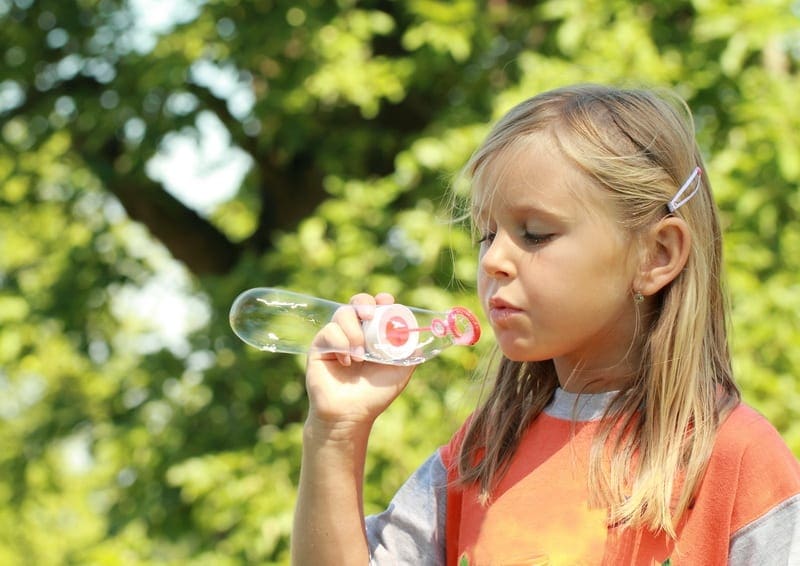During pregnancy the body goes through many changes and is essentially in a state of flux. The feet also change during this time from having their ligaments relaxed like the rest of the body due to the hormones that are released allowing for one’s foot length and width to extend more freely than before. In most cases during this period, nothing wrong occurs and no complications arise with such changes; however, sometimes a shoe size increase can happen so be sure to keep an eye out for any complications as you may need to visit your doctor just to ensure everything is okay with you and your baby.
For those with diabetes, foot size is something that needs to be monitored. Even if the feet are larger than when you were diagnosed, you should still wear shoes that fit properly and keep your feet at a good temperature to avoid irritation and possible infection. If you have any calluses or blisters, be sure to attend to them before they worsen, so as not to get an ulcer and experience even more discomfort!
Diabetic neuropathy is one of the main reasons why individuals are vulnerable to foot ulcerations. Neuropathy could be the loss of sensation in the feet that is usually caused by type 2 diabetes. Many people will experience their first signs of it either before they are diagnosed with diabetes or even many years after. Luckily, gestational diabetes is not as much likely to bring on diabetic neuropathy – although it can in some rare instances.
Unfortunately, type I diabetics’ feet may start to experience increased numbness and tingling much earlier than those with type II diabetes; nevertheless, ensuring the diabetic’s health remains important during pregnancy. Regardless of the type of diabetes a person has, it is still extremely important to wear shoes that fit properly and check for signs of neuropathy since even mild symptoms increases ones risk of ulceration. Wearing shoes that are too small causes an increase in friction resulting in an increased risk of bruising or cracking.
As an expectant mother, you should always wear properly fitting shoes while pregnant and post-pregnancy to help reduce your risk of developing foot problems. For one thing, when you’re pregnant the ligaments in your foot are loose; they even relax more by the end of your pregnancy. Additionally, the foot flattens out during pregnancy so much so that sometimes women become unaware of their feet’s condition – unaware of what is the right shoe size for their feet or even how much weight their shoes can handle. If you try to wear something that does not properly fit then this could affect you later on because excess foot pain is common post-pregnancy as we’ve discussed before. Because you need to be aware of this risk and make efforts where needed to protect yourself from a variety of ailments one needs to ensure that they maintain proper foot health after pregnancy by buying well-fitting shoes or seeking out help from professionals who know what they’re doing! Pregnant women carry an extra eight to ten pounds during pregnancy, which place added stress on the feet. Moms are also carrying their baby with them wherever they go, and these days more moms are staying home to raise their children. With strollers, toddlers and babies add up to about two hundred pounds in weight alone for stay at home moms. This means that today’s at home parents have less time than ever to walk around in slippers or shoes that aren’t as rigid or supportive as they used to be.
To decrease your chances of foot problems during and after pregnancy follow these steps:
1. Check your feet everyday: It’s always best to prevent scratches and other wounds than to try and cure them afterward. Taking a good look at your feet on a daily basis can be one of the best ways you can detect small infections, long before they cloak themselves under bandages or other coverings and reach the point where it takes more time and effort to heal them. So if you’re a type I diabetic or if you have diagnosed neuropathy, it’s not only useful but vitally important!
2. Check your shoes before you put your foot in them.
3. Don’t walk around barefoot: Wear a comfortable shoe, one that has a rigid sole and bends only where the foot bends (at the toes). If a shoe seems too confined, try looking for a slipper which has a semi-rigid sole or try searching for closed or slip-in shoes with more rigid soles. The rest of the shoelace can be soft and flexible as long as the ball of your feet rests comfortably on the sturdy base.
4. Buy shoes that fit your feet: Keep that swelling under control! Learn to protect your feet throughout this period of change and growth due to the hormonal changes which bring about a number of effects including overall body changes as well as physical. Your feet will remain this way even after you give birth so make sure you don’t run out of comfy, quality shoes too soon!
5. Watch out for folds in your socks: A simple fold in your shoes can cause rubbing, irritation and even blistering on your feet. By the end of the day you may look at your shoes only to notice a small crease that did not begin to bother you until later in the day or else it may even come across as a fold. This can be very serious for diabetics and there may be an open sore or blister on your toes.
6. Dry your feet and between toes after showers: Increased moisture between the toes can lead to skin breakdown and eventual ulceration.
7. Don’t be a victim of fashion: Most moms don’t like to wear high heeled shoes when they are pregnant, but many wear them after the baby is born. High heels can be uncomfortable during pregnancy because your body weight tends to bulge out in places it normally wouldn’t. They cramp your toes and make you feel taller than you are. The increased height might make one fall more easily. Those with neuropathy should not wear high heels because it puts extra stress on the ball of the foot, making an ulcer more likely.
8. Test the bath water before stepping in: If you have neuropathy, you could not recognize whether water is too cold or too hot. Check the water by inserting your hand into the water up to wrist level.
9. Don’t use a heating pad on your feet: Although the thought of soothing your sore feet in this hot weather may sound appealing, heat on your feet will actually increase inflammation and swelling. To help ease the pain in your arches for example, try using cold packs instead. For best results, use a frozen water bottle that’s used for sports as opposed to using ice cubes directly on your feet for example – because this could cause a burn due to nerve damage (neuropathy). However applying a heating pad can be useful in relieving pains from muscle spasms from Neuropathy!
10. Don’t use any medication on the skin: Be sure to tell your practitioner about any medicines you take or products you apply as they could be harmful to the baby. Also, talk to your pharmacist before using topical medications – they can make some medical conditions worse!
11. Visit your podiatrist: When first noticing the symptoms of a potential problem, seek advice from your doctor. If a solution can be found before the problem gets worse, it will be much more cost-efficient to treat.











